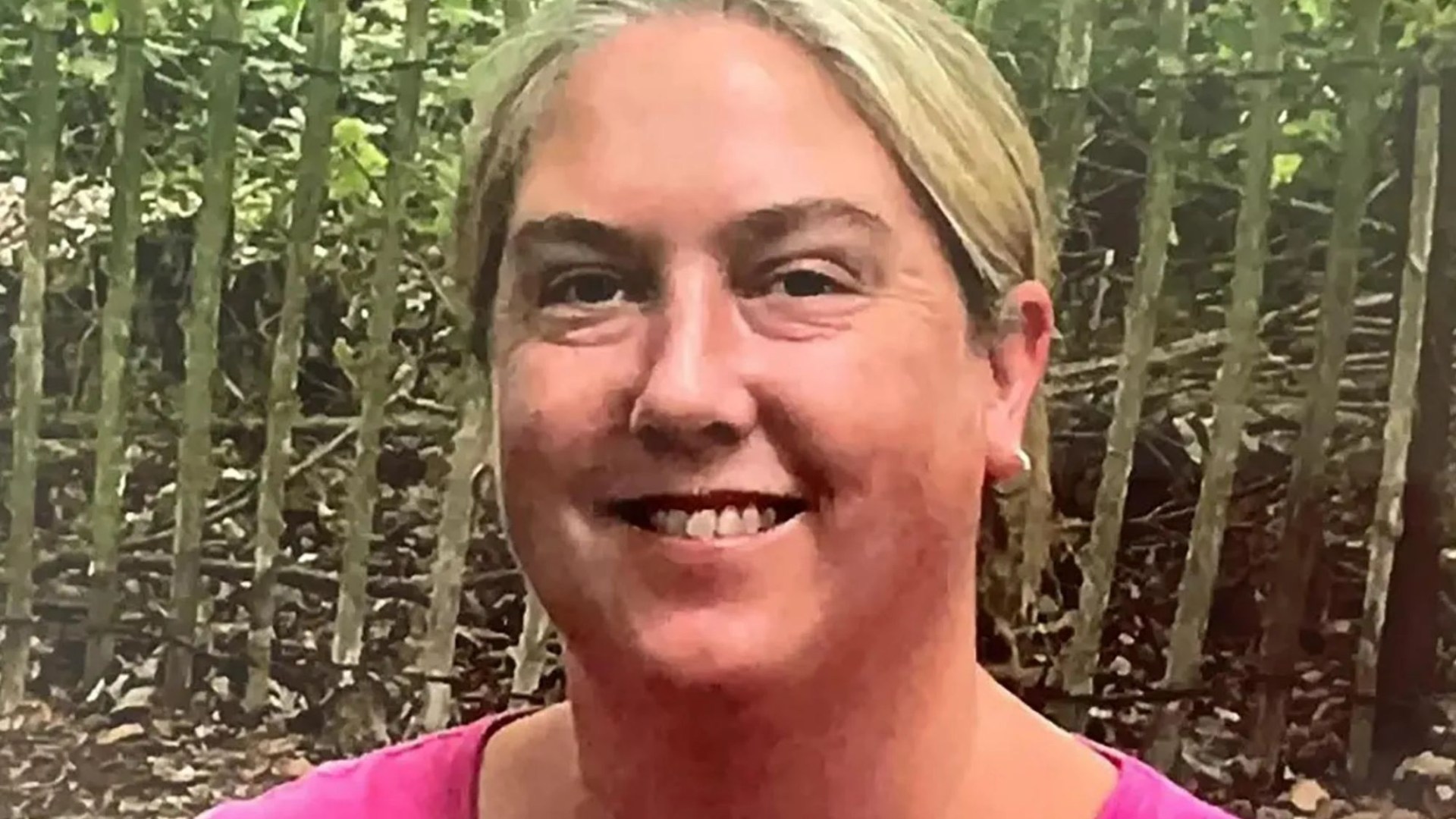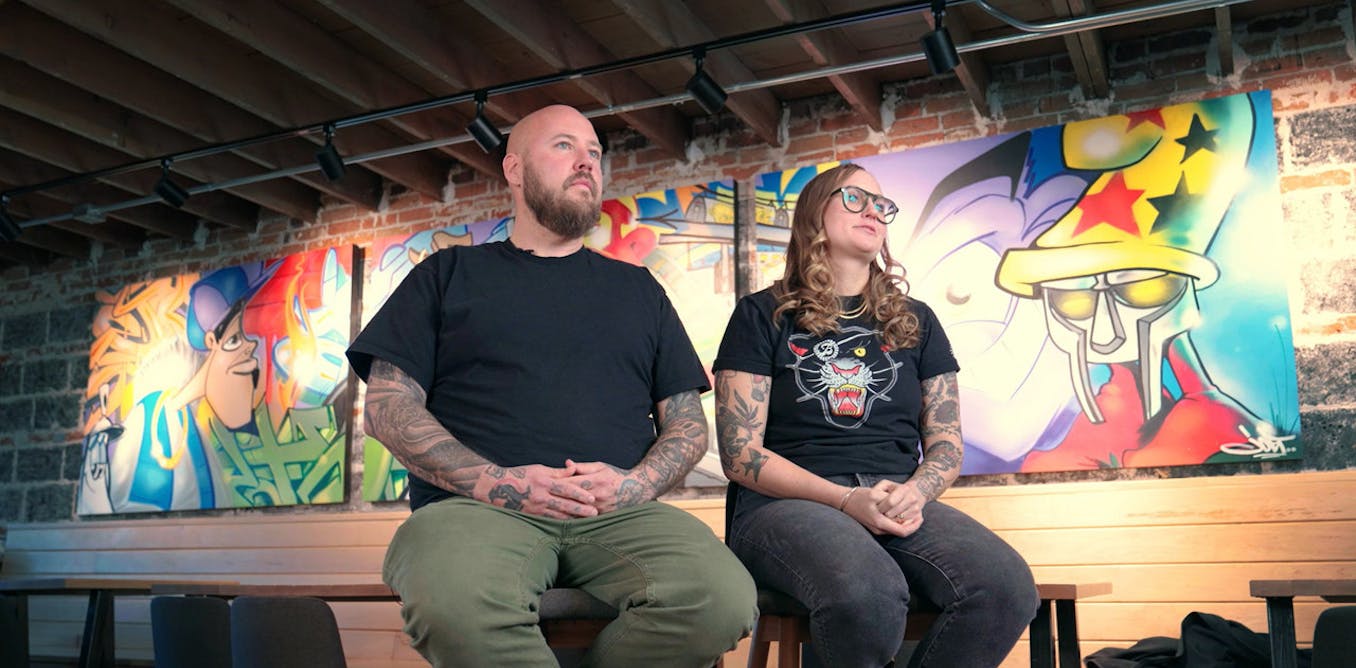A MUM-of-two died from a heart attack while waiting for an ambulance for more than two hours, a court has heard.
Julie Hurn, 43, died at her home in Attleborough, Norfolk on June 25, 2022, having suffered a myocardial infarction – a blood clot stopped her heart.
1
She called 999 after experiencing chest pains.
An inquest into her death at Norfolk Coroner’s Court heard that it was likely she would have survived if she had received immediate treatment.
Rajesh Logasundaram, who carried out a post mortem examination, said: “An earlier 999 call would have made a significant difference to her chances of survival.”
The court heard she had originally phoned for an ambulance at 3.26pm after she experienced chest paints, with her call given category two status.
Read more on heart attacks
Serious conditions such as strokes or chest pain which may require rapid assessment and urgent transport are classed as category two.
Julie called again around an hour later after she began vomiting, but it was not until shortly before 5pm that her call was escalated.
A neighbour had phoned again to say she had gone into cardiac arrest – meaning her heart stopped beating – and paramedics arrived at 5.14pm.
Mrs Hurn, who worked as a contracts manager for Norfolk County Council, died at 5.48pm, 142 minutes after her first call to emergency services.
It was revealed in court that when her original call was made, 50 of the region’s ambulances were stranded outside Norfolk’s three main hospitals.
The incident happened during a “black surge”, a phrase used to describe a period of acute demand on emergency services and acute hospitals.
Chris Hewitson, a patient safety specialist officer at the East of England Ambulance Service Trust, said Mrs Hurn’s initial call was correctly categorised.
But at that time there were also 50 outstanding calls with the same priority level.
He added that there were 19 ambulances stranded outside of the Norfolk and Norwich University Hospital alone.
Yvonne Blake, area coroner for Norfolk, said: “The medical evidence we have heard so far is that if she had a cardiac arrest and either received immediate treatment or was in hospital, that given her age it is more likely than not that she would have survived.”
On Monday, Prof Saul Myerson, a consultant cardiologist based at the University of Oxford, said at the inquest that a faster response would have improved her chances.
Subtle signs of a heart attack
A HEART attack is when the supply of the blood to the heart is suddenly blocked.
It is a medical emergency and needs to be treated right away.
Around 100,000 people are admitted to hospital due to heart attacks every year in the UK, according to the British Heart Foundation.
That’s 290 each day, or one every five minutes.
Some symptoms, like chest pain, shortness of breath and feeling lightheaded or dizzy, can be fairly obvious.
But the signs aren’t always so blatant, the NHS warns. Other more subtle symptoms of a heart attack include:
- Pain in other parts of the body (it can feel as if the pain is spreading from your chest to your arms, jaw, neck, back and stomach)
- Sweating
- Feeling sick
- Vomiting
- An overwhelming feeling of anxiety (similar to a panic attack)
- Weakness or fatigue
- Coughing
- Wheezing
A heart attack and cardiac arrest are similar, but not the same.
A cardiac arrest is when the heart stops pumping blood around the body.
He said that while was unlikely her heart attack would have been prevented, had she been in hospital when it occurred her survival chances would have been better.
In a statement read to the court, her brother Gary Hambling said: “As a family we believe the NHS has let us down.
“The time taken to get an ambulance to her was unacceptable.”
Clare Gooch, a medical negligence lawyer from Switalskis, who is representing the family, said “This has been an incredibly difficult time for Mrs Hurn’s family who are still coming to terms with their loss.
“They now hope this inquest will help to provide some further insight into the circumstances leading up to her death.”
The inquest continues.
Symptoms of a cardiac arrest
A cardiac arrest is when your heart suddenly stops pumping blood around your body.
It’s sometimes mistaken for a heart attack but it’s different.
A cardiac arrest is an emergency that usually happens without warning.
If someone is in cardiac arrest, they collapse suddenly and:
- Will be unconscious
- Unresponsive, and
- Not breathing or not breathing normally – this may mean they’re making gasping noises.
Without immediate treatment, the person will die.
If you see someone having a cardiac arrest, phone 999 immediately and start CPR.
Source: British Heart Foundation




